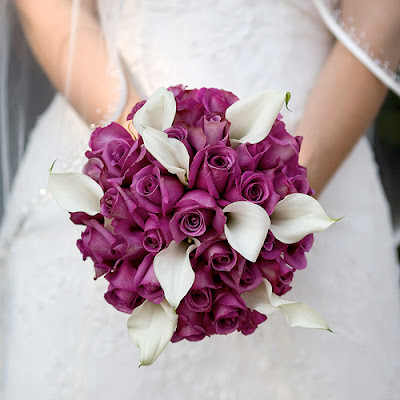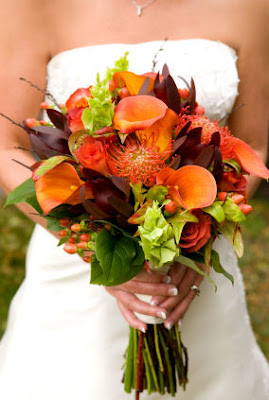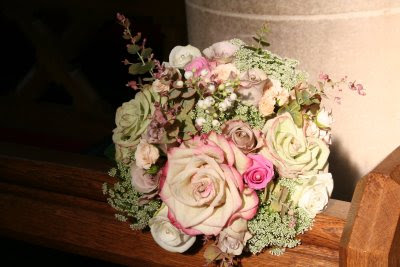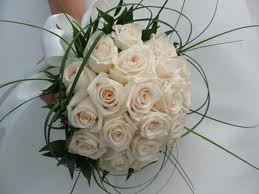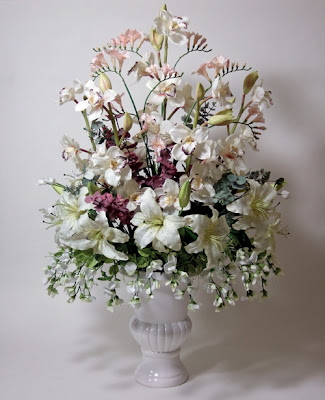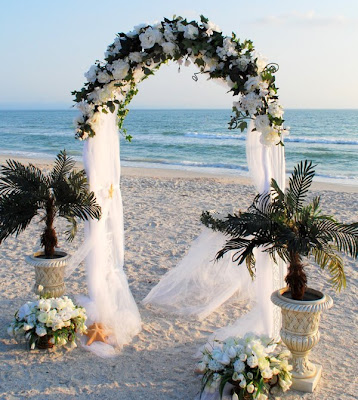Simple Tips for a garden with vibrant colors
A popular garden plant around the world, using annual flower seeds poppy to add life to a garden is easy to do. With a wide variety of species to different colors, sizes and shapes of flowers to be incorporated into any garden, the annual poppy is extremely rewarding. In addition, while many gardeners prefer specimens perennials come back year after year, the ease with which poppies produce seeds means that ensuring a continuous supply is easy. And if you want blousy flowers large or small delicate dwarf varieties, or elegant flowers that make a statement, there is always a poppy to your needs.
Learn to cultivate the poppy is easy
While the poppy plant is quite happy in the garden creating surprising bursts of color where you would least expect, sowing seeds is best in peat pots. This careful management of seeds allows gardeners to grow plants healthy, strong, that can be placed wherever you want, instead of where Mother Nature decides they should be. Learn to cultivate the poppy is easy, and done once gardeners will quickly wonder why they have not done before. Fill the pots with seed compost not too rich in nutrients to prevent the prolific growth leaves at the expense of flowers and seeds in fine dispersion on the surface. Cover with a thin layer of soil and water to ensure that the soil is moist. It is best to use a watering can with a fine layer attached head or spray mist. The small size of poppy seeds annual mean any heavy watering will cause them to move from where they were planted. You can support the pot or pan with water and cover with a plastic bag, which allows moisture to get up through the compost.
Poppy flower seeds will start to germinate after 14 to 28 days
The seeds should be sown in spring, or the annual resistant varieties such as those included in the California poppy family, early mid-fall. Them, provided they are kept safe and frost during the winter, will mature earlier than their counterparts planted in spring for a fight at the beginning of flowering. After about 14 to 28 days depending on the variety, annual poppy flower seeds will begin to germinate, sending tiny green shoots spindling. At this time, when the seedlings are large enough to kill the fingertips, it is important to ensure that the number of thinning to ensure that few plants strong and healthy instead of developing a large number of weeds that will ultimately not flower well.
Annual poppies in particular well in poor soils
Keep pots moist, young poppies will quickly grow and once they are several inches tall can be planted in their final position either a container or flower bed. Annual poppies in particular well in poor soils, suitable to be adapted to parts of the garden that can be hostile to other plants. As begins to bloom so that the buds are removed as petals fall to keep plants producing flowers. Meanwhile, as the summer starts to wane, leave a few pods develop and mature so that the seeds can be collected and used for years with beautiful flowers.
Soon you will find it difficult to remember a time without annual poppies
With such ease and simplicity, the poppy plant is welcome to any garden. Reds, oranges, whites and roses will brighten any outdoor oasis, providing splashes of color that are easy to keep and maintain. And flower seeds poppy easy to collect and germinate once a gardener includes poppies in their garden, they find it difficult to remember a time without them.
Now that you understand how it is really easy to grow annual poppy flower seeds ...
A popular garden plant around the world, using annual flower seeds poppy to add life to a garden is easy to do. With a wide variety of species to different colors, sizes and shapes of flowers to be incorporated into any garden, the annual poppy is extremely rewarding. In addition, while many gardeners prefer specimens perennials come back year after year, the ease with which poppies produce seeds means that ensuring a continuous supply is easy. And if you want blousy flowers large or small delicate dwarf varieties, or elegant flowers that make a statement, there is always a poppy to your needs.
Learn to cultivate the poppy is easy
While the poppy plant is quite happy in the garden creating surprising bursts of color where you would least expect, sowing seeds is best in peat pots. This careful management of seeds allows gardeners to grow plants healthy, strong, that can be placed wherever you want, instead of where Mother Nature decides they should be. Learn to cultivate the poppy is easy, and done once gardeners will quickly wonder why they have not done before. Fill the pots with seed compost not too rich in nutrients to prevent the prolific growth leaves at the expense of flowers and seeds in fine dispersion on the surface. Cover with a thin layer of soil and water to ensure that the soil is moist. It is best to use a watering can with a fine layer attached head or spray mist. The small size of poppy seeds annual mean any heavy watering will cause them to move from where they were planted. You can support the pot or pan with water and cover with a plastic bag, which allows moisture to get up through the compost.
Poppy flower seeds will start to germinate after 14 to 28 days
The seeds should be sown in spring, or the annual resistant varieties such as those included in the California poppy family, early mid-fall. Them, provided they are kept safe and frost during the winter, will mature earlier than their counterparts planted in spring for a fight at the beginning of flowering. After about 14 to 28 days depending on the variety, annual poppy flower seeds will begin to germinate, sending tiny green shoots spindling. At this time, when the seedlings are large enough to kill the fingertips, it is important to ensure that the number of thinning to ensure that few plants strong and healthy instead of developing a large number of weeds that will ultimately not flower well.
Annual poppies in particular well in poor soils
Keep pots moist, young poppies will quickly grow and once they are several inches tall can be planted in their final position either a container or flower bed. Annual poppies in particular well in poor soils, suitable to be adapted to parts of the garden that can be hostile to other plants. As begins to bloom so that the buds are removed as petals fall to keep plants producing flowers. Meanwhile, as the summer starts to wane, leave a few pods develop and mature so that the seeds can be collected and used for years with beautiful flowers.
Soon you will find it difficult to remember a time without annual poppies
With such ease and simplicity, the poppy plant is welcome to any garden. Reds, oranges, whites and roses will brighten any outdoor oasis, providing splashes of color that are easy to keep and maintain. And flower seeds poppy easy to collect and germinate once a gardener includes poppies in their garden, they find it difficult to remember a time without them.
Now that you understand how it is really easy to grow annual poppy flower seeds ...








